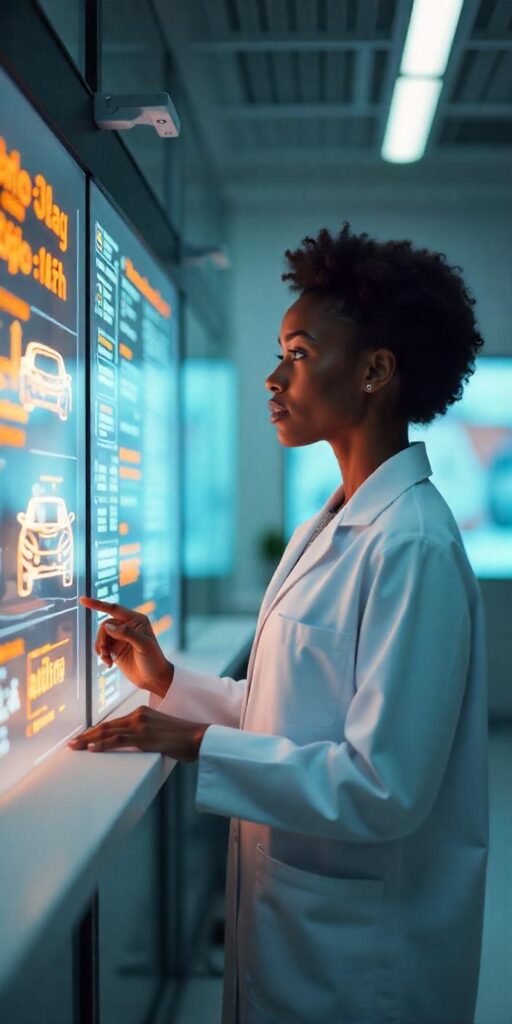Introduction
Car diagnostics are evolving rapidly, driven by advancements in technology and the rise of connected vehicles. From AI-powered tools to remote diagnostics, the future promises faster, more accurate ways to keep your car in top shape. In this article, we’ll explore the latest innovations and trends in car diagnostics, and how they’ll transform vehicle maintenance for drivers and mechanics alike.
Emerging Trends in Car Diagnostics
- AI-Powered Diagnostics
- Description: Artificial intelligence analyzes data from the car’s sensors to predict and diagnose issues.
- Pros: Faster, more accurate than traditional methods; can predict failures before they happen.
- Cons: Requires advanced software and connectivity.
- Future: AI could become standard in diagnostic tools, reducing guesswork.
- Remote Vehicle Diagnostics
- Description: Telematics systems send real-time data to mechanics or apps via the cloud.
- Pros: Diagnose issues without visiting a shop; ideal for fleet management.
- Cons: Privacy concerns with data sharing.
- Future: Will grow with connected cars—e.g., Tesla already uses remote diagnostics.
- Augmented Reality (AR) Diagnostics
- Description: AR apps overlay diagnostic info on a live view of the car (e.g., via a smartphone camera).
- Pros: Guides DIYers through repairs with visual cues.
- Cons: Early-stage tech, limited availability.
- Future: Could make complex repairs accessible to beginners.
- Advanced OBD-II Scanners
- Description: Next-gen scanners with live data, predictive analytics, and integration with smartphones.
- Pros: More detailed insights, user-friendly interfaces.
- Cons: Higher cost than basic scanners.
- Future: Will become more affordable and widespread.
- Integration with Autonomous Vehicles
- Description: Self-driving cars use diagnostics to monitor systems in real time, ensuring safety.
- Pros: Prevents failures in critical systems like brakes or sensors.
- Cons: Requires robust cybersecurity.
- Future: Diagnostics will be integral to autonomous driving tech.
How These Innovations Will Shape the Future
- Convenience: Remote diagnostics mean fewer shop visits.
- Accuracy: AI and advanced tools reduce misdiagnoses.
- Safety: Predictive analytics prevent failures before they occur.
Challenges to Adoption
- Cost: High-tech tools are expensive—mass adoption needs lower prices.
- Data Privacy: Connected diagnostics raise concerns about data security.
- Complexity: Mechanics need training to use new systems.
Conclusion
The future of car diagnostics is exciting, with AI, remote systems, and AR set to revolutionize how we maintain vehicles. These innovations will make diagnostics faster, more accurate, and accessible, especially for connected and autonomous cars. Stay informed to take advantage of these advancements and keep your car running at its best.
Call-to-Action:
What diagnostic tech are you excited about? Share in the comments, and see our benefits of diagnostics article!

